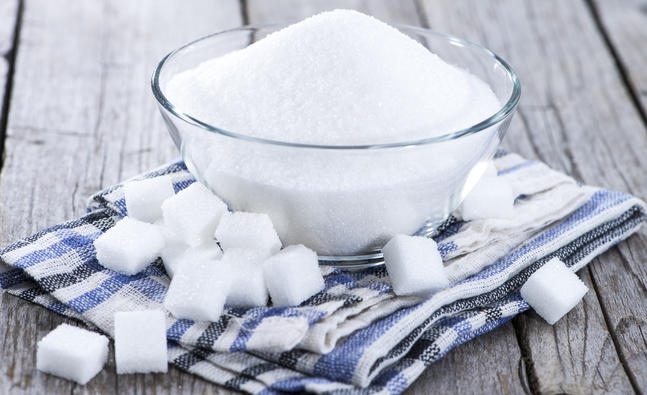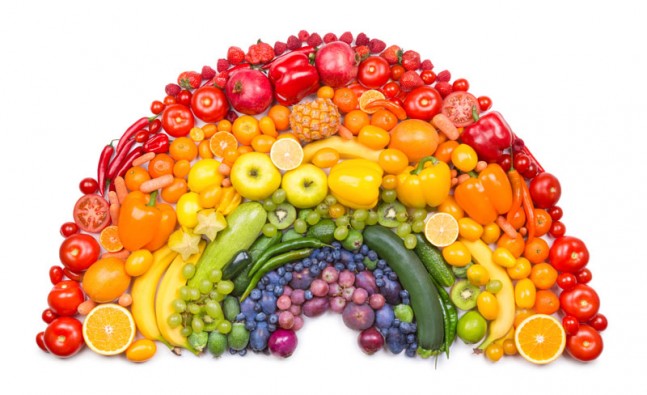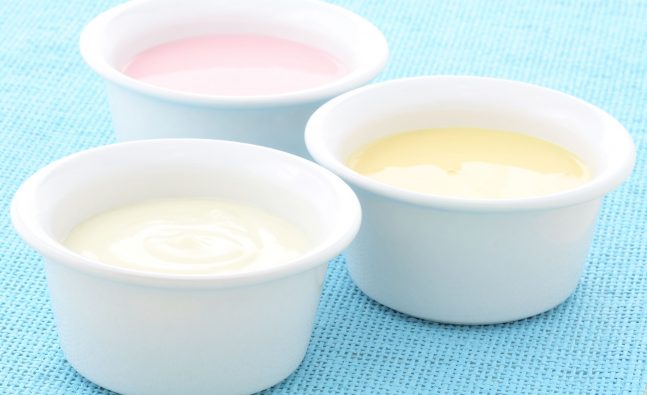What you need to know about sugar substitutes

Sugar alternatives â get the lowdown
Sugar substitutes are natural or chemical sweeteners â sometimes referred to as artificial sweeteners â that replace sugar.
These can be helpful to use if you're trying to cut calories or if you have diabetes and need to watch your sugar intake.
Cancer and health problems
There is no proof that sugar substitutes cause cancer, according to the National Cancer Institute. There have also been numerous medical research studies on approved sugar substitutes; these have shown the sweet alternatives to be safe when used in moderation.
The only exception is people who have phenylketonuria (PKU), as they are unable to metabolise the sugar substitute, aspartame.
Even though sugar substitutes have fewer calories than what sugar does, it's best to limit them and focus on healthy food choices like fruits, vegetables, whole grains and lean meats.
Common types of sugar substitutes
These are a few of the most popular sugar alternatives or artificial sweeteners found in the United States, most of which are also available in South Africa...
-
Aspartame. Also known by brand names, Equal and Nutrasweet
-
Acesulfame K. Also known as Sunett and Sweet One
-
Stevia. Also known as PureVia, Truvia and SweetLeaf Sweetener.
-
Saccharin. Also known as Sweet 'N Low and Sweet Twin.
-
Sucralose. Also known as Splenda.
-
Sugar alcohols. These include ingredients such as xylitol, maltitol and sorbitol.
Recommended reading: Liquid calories could be making you gain weight
-
Melissa Joan Hart Weight Loss
Melissa Joan Hart has a weight-loss secret weapon—and were not talking
-
6 Salad Ingredients That Help You Drop Pounds Faster
Ever wonder why loading up on salad doesnt always help you slim down?
-
Top 5 Aerobic Exercises To Reduce Belly Fat
What could be more embarrassing than a jutting abdomen that prevents y
-
Lose Fat with Body Confidence!
One of the most popular goals is to lose weight. That’s a very t
-
5 Simple choices you can make for lasting WEIGHT LOSS
-
Tips for a balanced diet and weight-loss plan: How much is too much?
- DON'T MISS
- Boost metabolism with this nighttime habit
- Can chewing gum help you lose weight?
- Taking photos often may help you drop weight
- 5 Ways Youre Ruining Salads
- Cinnamon can affect weight loss
- A diet revolution that promises real weight loss
- Eat the foods you love and still lose weight!
- 4 Kitchen Hacks That Can Help You Lose Weight
- Chewing gum burns calories
- Burn calories while increasing your core strength




